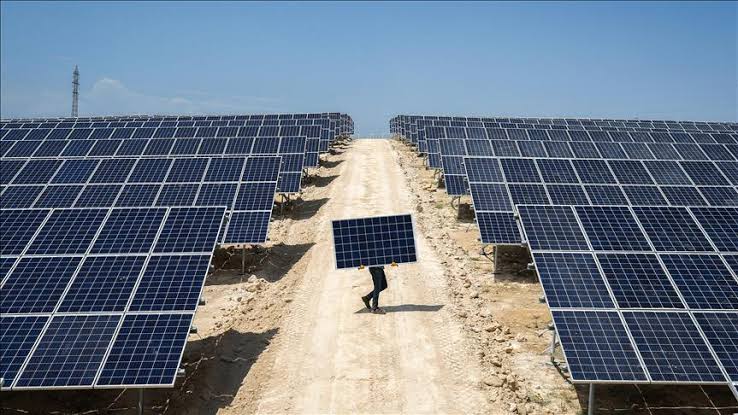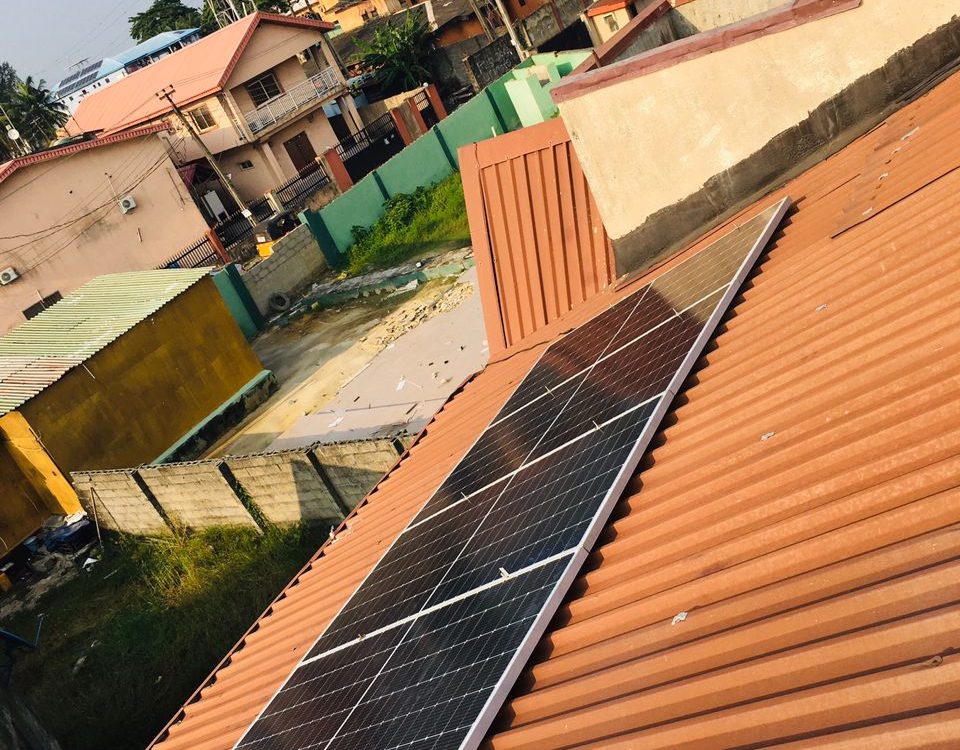Decentralizing the Lopsided Economy through Solar Energy

The Super Powers of Solar Energy
2020-07-11
Eco-Friendly Solar Powered Kiosks for Farms Produced in Lagos.
2020-07-14For the development or advancement of a country and her economy, many sectors ought to be efficient. A country’s economy is not dependent on one or two sectors. Given, there might be a few key sectors which produce a large percentage of inflow, however, this does not imply that the other sectors be ignored.
In the world today, our day to day lives are directly and indirectly dependent on power. Our businesses, organizations, communication modes and even learning and education have come to rest greatly on the power sector. –
According the world bank, the strength of an economy is largely dependent on the middle-class citizens of that economy. Why is this? It’s simple, because the middle-class sums up a large majority of most economies.
May 4, 2020, the National Bureau of Statistics reported that about 82 million Nigerians live in abject poverty, placing Nigeria as the first country with the highest number of citizens living in abject poverty in the world. Regardless of the shown statistics, the middle-class in Nigeria is still a large percentage as compared to the upper and lower classes. Nigeria still comprises 118 million citizens separate from the 82 million earlier mentioned, with more than 80 percent as middle-class citizens.
A country’s development increases as the standard of living of her citizens rise. Many sectors can work together to make this shift. Here are some ways in which the power sector in Nigeria can aid developing the economy and decentralize the flow of wealth within the economy through solar
- Job Creation
Over the past decade, the solar industry has created over 100,000 jobs worldwide. Nigeria is not exempted in this merit. In the journey to the eradication of poverty, job creation and employment is a must. The continued growth of investment in renewable energy is causing an unprecedented creation of jobs in the sector. In fact, according to renewable energy job creation statistics, 11 million people around the world were employed in this sector as of 2018. This growth in employment is helping governments address a fundamental economic problem that plagues developed and developing countries alike. With more employment opportunities in Nigeria thanks to the solar industry, we’re one step closer to leveling up standard of living and eradicating poverty.
- Better support for Businesses
It’s a known fact that several factors make for turbulence in business. On peculiar factor in the Nigerian scene is the epileptic power supply. Virtually all businesses across the nation are dependent on electricity for smooth running, however, with more reliance on solar energy for power (which provide 24 hours supply of clean, noiseless and uninterrupted electricity), businesses and organizations yield better results. This in turn directly affects the GDP of the economy. Hence privatized organizations make a huge percentage of the nation’s income, there is bound to be a rise inflow and the standard of living.
- Savings
Since solar energy is accompanied by Low maintenance cost and reduced utility bills, there is bound to be some saved money which would have gone to the aforementioned.
With this huge savings (when calculated in cumulative) virtually every Nigerian has a chance to make better use of. The thing is, there is such a parasitic imbalance in the way we (Nigerians) spend for the generation of power. We are dependent on fossil, which is scare and high priced. Not only this, but its emissions are quite detrimental to our health.
- The Shift
This follows the aforementioned point. A shift refers to a clear change in standard of living of majority of Nigerians (who are mostly in the middle-class), this is followed by a boost in economy and advancement of technology all together.
In a nutshell, virtually all sectors can play a crucial role in decentralizing and distributing wealth appropriately in a nation, the above enlists just a few ways in which solar energy can aid.




